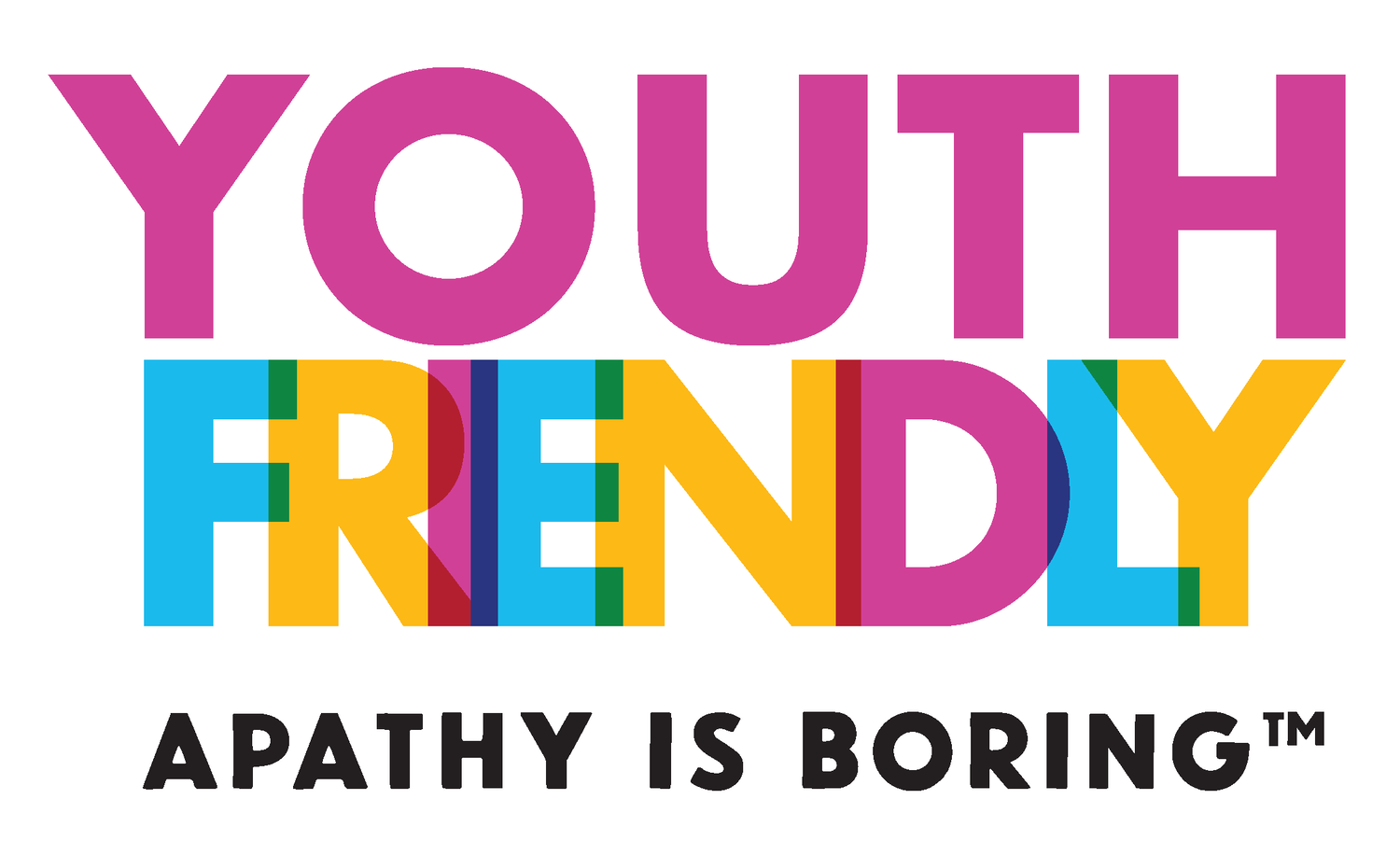It’s Black History Month: “Actions Speak Louder Than Words”
Youth Friendly spoke with four young people from AWYF about what Black History Month means to them, the importance of implementing racial justice in Canadian systems, and how your organization can be more welcoming to Black and immigrant youth.
How To Take A Trauma-Informed Approach In Your Organization
Becoming trauma-informed means making a commitment to changing the practices, policies, and culture of an institution in order to make everyone feel safe. It means members are involved in working toward this change and understanding the impact of trauma and the specific needs of trauma survivors.
How Islamophobia Exists In Organizations
With anti-Muslim hate crimes persisting, it's imperative that organizations and institutions work to make Muslim youth feel safe and welcome in their spaces. Dismantling anti-Muslim hate must start from our systems and structures of power. That means looking inward and taking accountability for how it may be present within your own organizatoin.
3 New Years Resolutions To Make Your Organization More Youth-Friendly
Looking to make your organization more youth-friendly this year? We’ve got you. Read on for three attainable goals to foster youth engagement going forward.
Two Young Disability Advocates On How Your Organization Can Do Better
When it comes to disability advocacy, we need not only a shift in attitudes, but systemic change. There many young activists who are addressing the ableism in our society, and to truly make your organization inclusive, it’s vital to listen to their perspectives.
How To Meet Access Needs Through Outreach
When trying to get youth involved in your organization, it’s crucial that your outreach meets accessibility needs so that all young people see that they are welcome. But first, let’s expand on what we mean when we talk about access needs.
What Is Ableism, And How Does It Show Up In The Institutions Youth Navigate?
Ableism ultimately prevents young people with disabilities from feeling safe in organizations of power. To combat ableism, you have to be able to identify it. Here are some examples of what ableism can look like in organizations and institutions.
Young People Play A Pivotal Role In Social Movements. Here Are Three Examples
Youth-led advocacy is key to building a better future. To gain a stronger understanding of its influence, let’s talk about three key movements where young people took the lead.
Decolonizing History: Here’s What You Should Know
It’s crucial that non-Indigenous people continue talking about how Canada’s mistreatment of Indigenous communities has shaped the world around us. The Canada we live in today was built on colonized ideas that regarded Indigenous people as less than. As a result, organizations and institutions that operate in Canada are inherently entrenched in this belief. In order to work towards reconciliation, history needs to be decolonized. Let’s talk about what that means.
Q&A With 2SLGBTQ+ Youth Advocate Fae Johnstone
Introducing practical shifts to how you operate on a daily basis: asking people their pronouns, or having posters that invite folks to disclose their pronouns. You can never guarantee an inclusive experience to everybody: people will make mistakes, and we have to avoid making promises that we can't keep. But you can get to a point where somebody walking into your space is quite likely to have a good experience with a service provider or an administrative person who is able to be inclusive of them.










